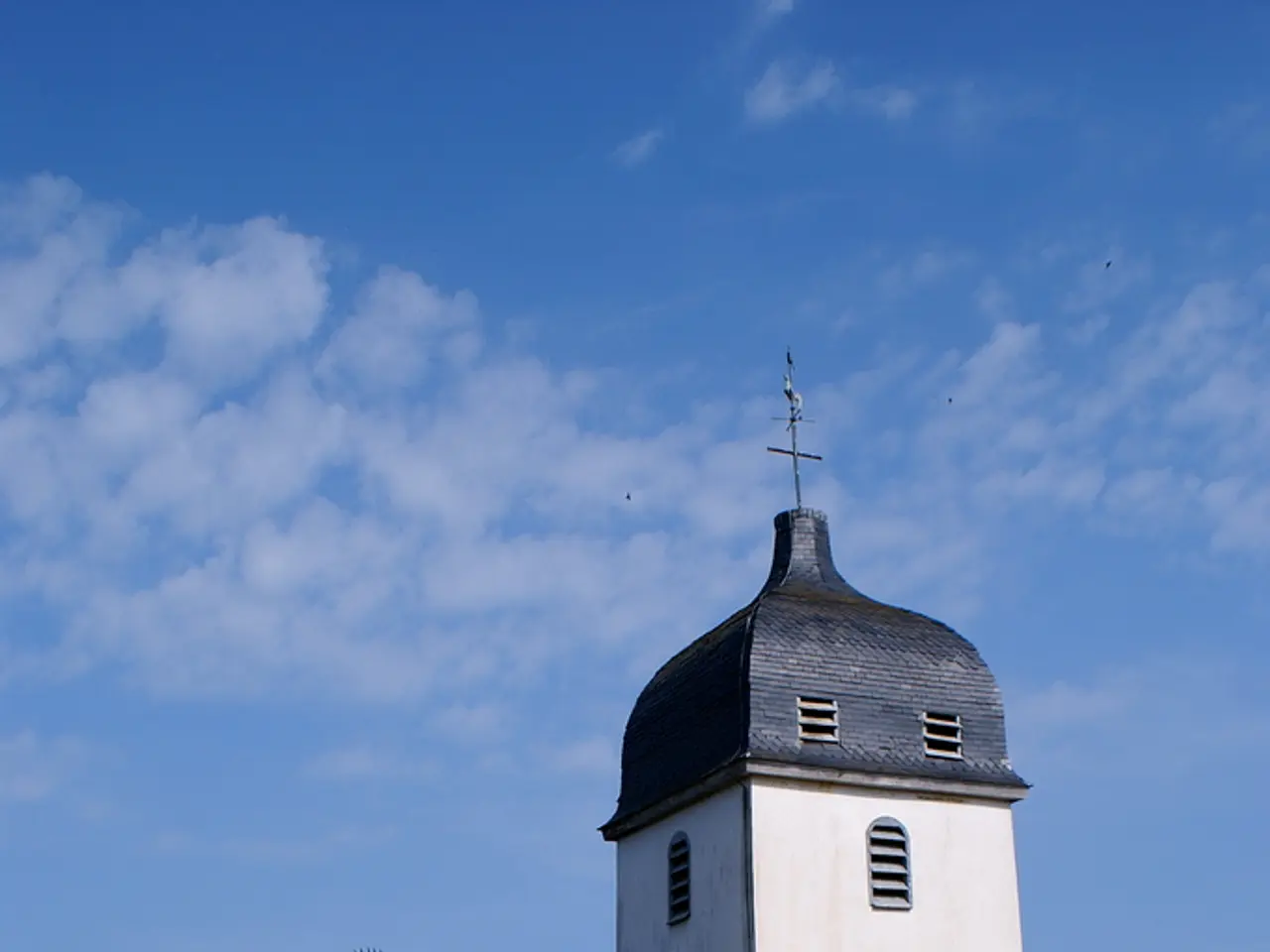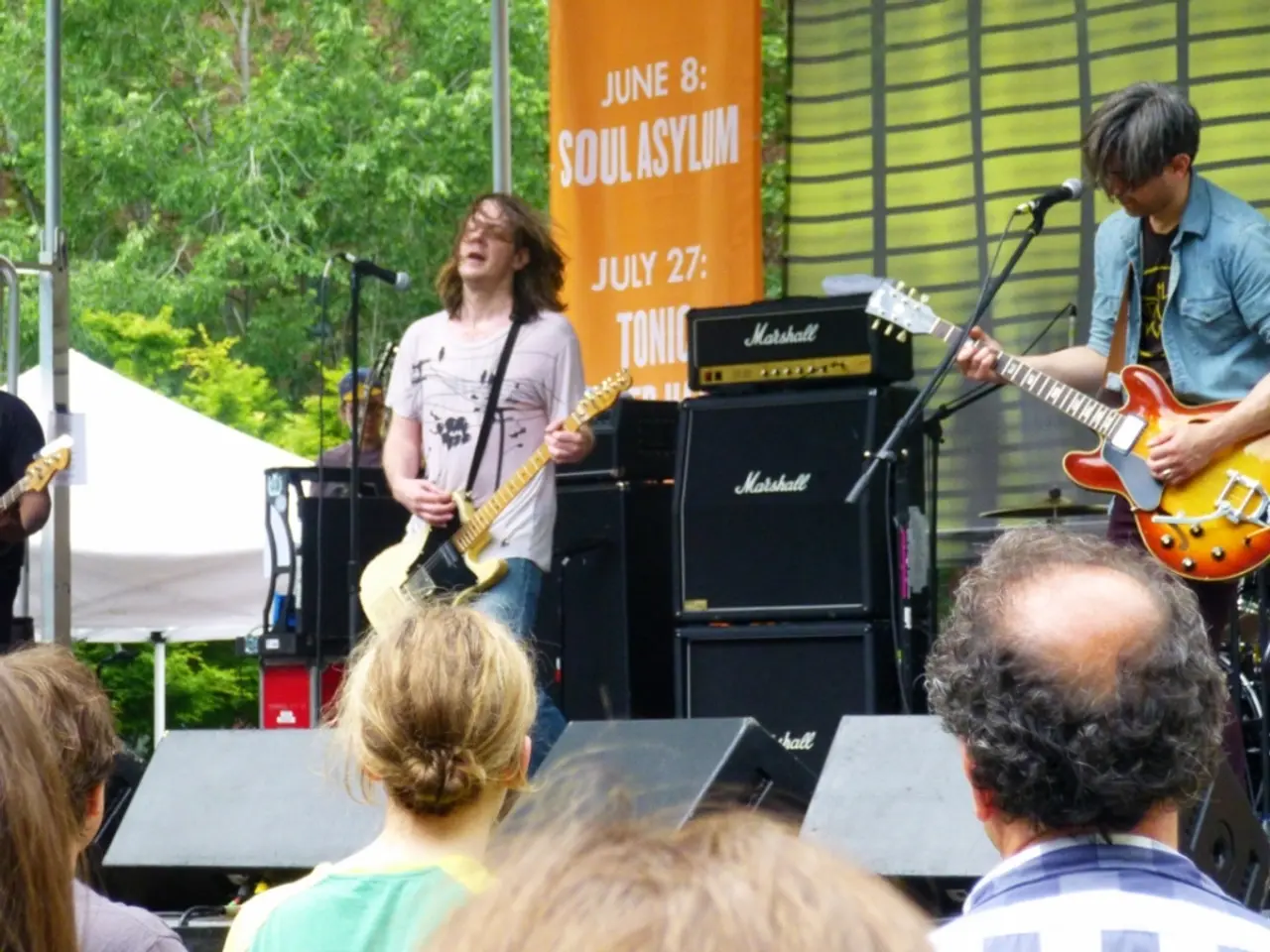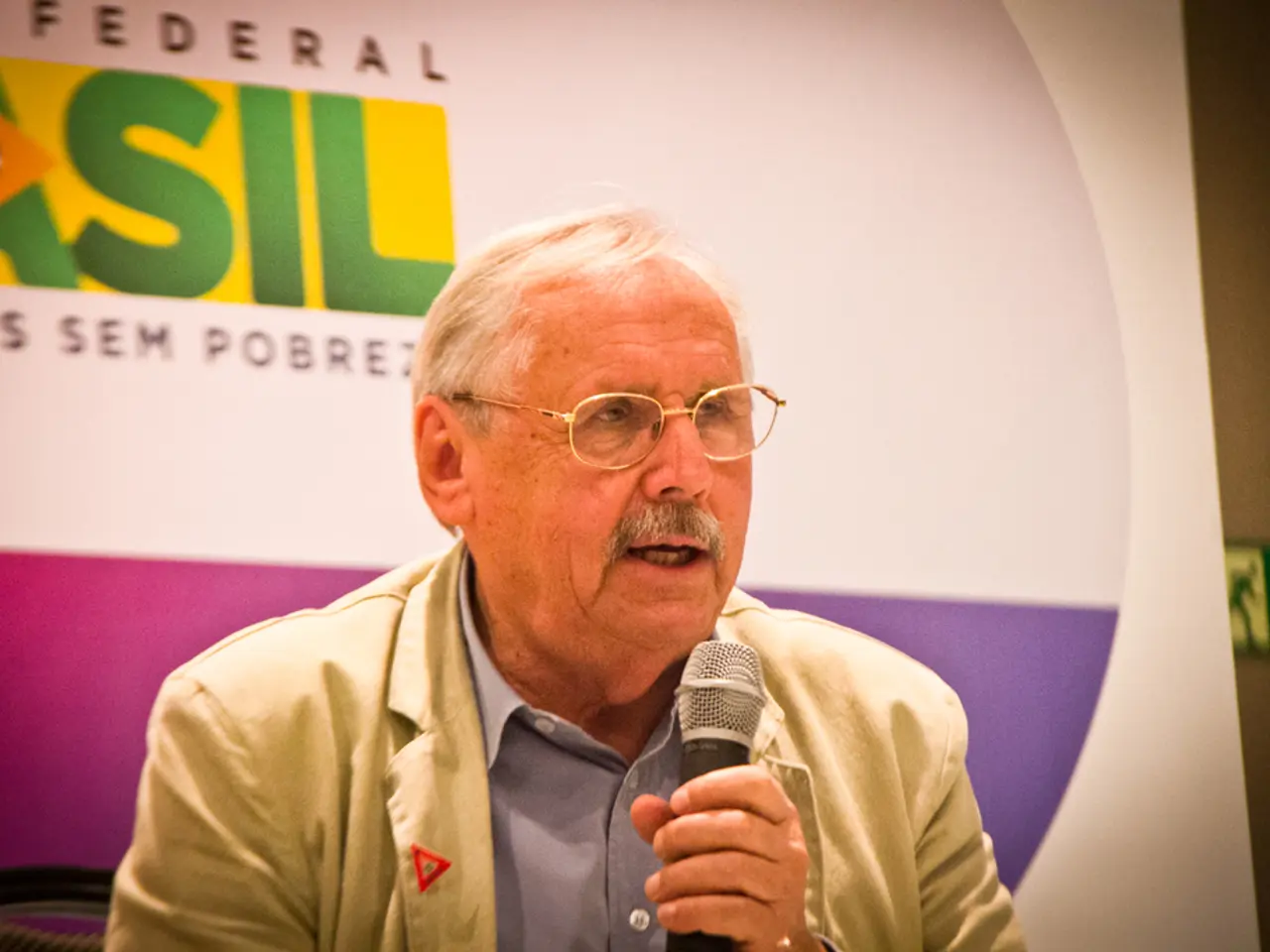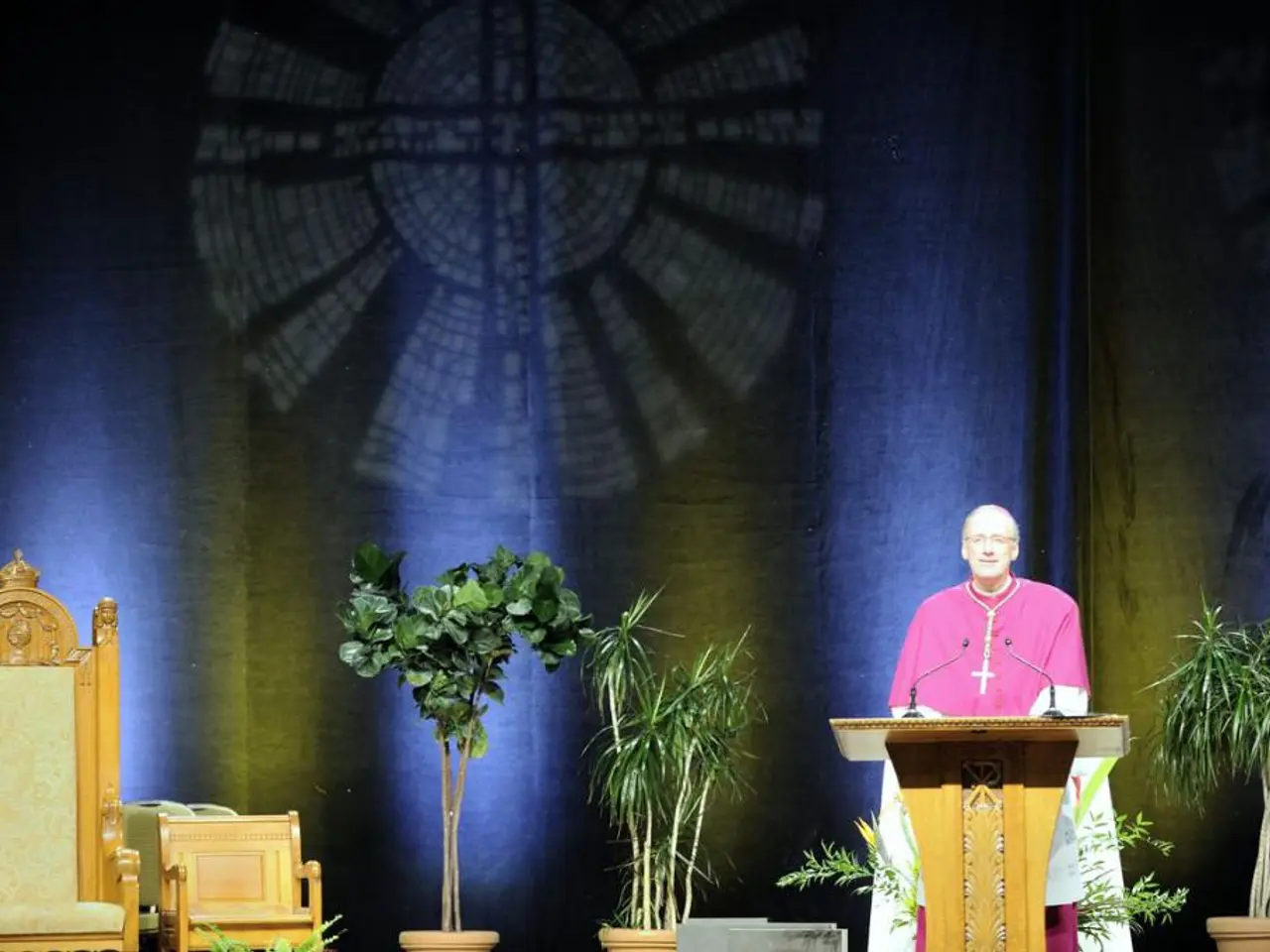A contentious American bishop honored with an award in Münster
US Bishop Robert Barron has been awarded the prestigious Josef Pieper Prize in Münster, Germany, but the honour has sparked criticism and protests. The controversy revolves around Barron's perceived hostility towards LGBTQ+ individuals and his association with conservative, nationalist political-religious networks.
Critics, including the Catholic Theological Faculty at the University of Münster, various Catholic associations, and the Catholic Women’s Federation in Münster, argue that awarding Barron symbolizes endorsing a form of Catholicism that merges religious orthodoxy with right-wing political ideologies. They view his theology as weaponizing faith into identity politics that exclude those not conforming to traditional norms.
The Catholic Church groups opposing the award emphasize that Barron's theological stance aligns with American Catholicism’s trajectory, which tends to prioritize doctrinal clarity and moral absolutism but can marginalize queer people, migrants, and religious pluralists.
Media coverage highlights this controversy as part of a larger clash within global Catholicism between more conservative American Catholicism, exemplified by Barron, and the comparatively progressive Catholic ethos predominant in Germany. Some commentators interpret the award as reflecting a worrying alignment with autocratic and nationalist movements under a facade of traditional religious values.
In response, there have been vocal protests and calls within German Catholic circles to rescind the honor, reflecting broader tensions between American and German Catholic worldviews on inclusivity and cultural engagement. The Josef Pieper Prize itself is a prestigious award within German-speaking Catholic academia for intellectual depth tied to faith and cultural relevance, so the choice of Barron has sparked a profound theological and cultural rift symbolizing competing global Catholic perspectives.
The awarding foundation did not respond to an inquiry about why they honoured the American bishop. Media like ours and dpa were not allowed to attend the service or the award ceremony, and only visitors with an invitation card were allowed to attend. Around 50 people protested against the award ceremony in front of the Überwasser Church, and venues were defaced or sprayed with slogans the day before the event.
Bishop Robert Barron is the bishop of Winona-Rochester in Minnesota and reaches many people through his media company "Word on Fire" and his Instagram account. Despite the controversy, the foundation's website mentions several other events, but does not provide further information about Barron's award. Church groups KFD and BDKJ, along with the Greens, demonstrated against the awarding of the US bishop.
This controversy reveals wider cultural and theological conflicts within the global Catholic community, centering on issues of identity, inclusiveness, and the Church’s role in contemporary political debates.
What is the concerns of critics regarding Bishop Robert Barron's award of the Josef Pieper Prize? They argue that honoring Barron symbolizes endorsing a form of Catholicism that merges religious orthodoxy with right-wing political ideologies, and their theology is seen as weaponizing faith into identity politics that exclude those not conforming to traditional norms, such as LGBTQ+ individuals, queer people, migrants, and religious pluralists.
In the ongoing debate between American and German Catholic worldviews on inclusivity and cultural engagement, media coverage portrays the award as reflecting a worrying alignment with autocratic and nationalist movements under a facade of traditional religious values, and some view Barron's theological stance as aligned with American Catholicism’s trajectory, which can marginalize the aforementioned groups.







